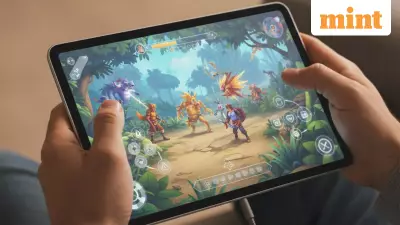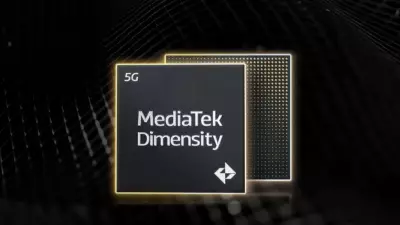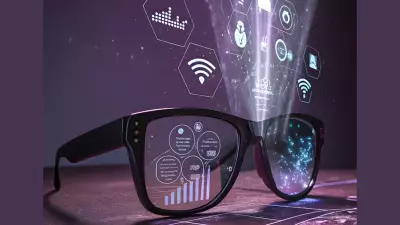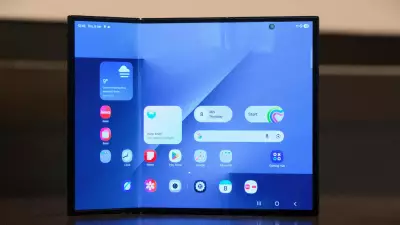
In a significant move towards digital transformation, Bengaluru's Namma Metro has integrated with the NAVI UPI application, allowing commuters to book QR-based tickets directly through the platform. This development marks another step in making urban transportation more accessible and convenient for the city's residents.
Seamless Integration for Daily Commuters
The Bangalore Metro Rail Corporation Limited (BMRCL) has successfully enabled QR ticket booking functionality within the NAVI UPI app. This integration means that millions of metro users can now purchase their travel tickets without switching between multiple applications or standing in long queues.
The feature is available across all metro lines, including the Purple Line, Green Line, and the newly operational Yellow Line (RV Road-Bommasandra) and Pink Line (Nagawara-Kalachandapura). This comprehensive coverage ensures that regardless of their travel route, passengers can benefit from this digital convenience.
How the New System Works
Commuters using the NAVI UPI app can now access the metro ticket booking section directly within the application interface. The process involves selecting the journey details, including origin and destination stations, and completing the payment through UPI. Upon successful transaction, a QR code is generated that serves as the travel ticket.
This QR ticket can be scanned at the automated fare collection gates when entering and exiting metro stations. The system is designed to be intuitive and user-friendly, requiring minimal technical knowledge from passengers.
Advancing Digital Payment Infrastructure
The integration with NAVI UPI represents BMRCL's continued commitment to enhancing passenger experience through technology. Previously, the metro corporation had already implemented QR ticket systems through other platforms, but the addition of NAVI UPI expands the options available to tech-savvy commuters.
This move aligns with India's broader digital payment ecosystem growth, where UPI transactions have become increasingly prevalent across various sectors. By incorporating metro ticketing into this ecosystem, BMRCL is making public transportation more aligned with contemporary digital habits.
The development is particularly significant given that NAVI Technologies, the parent company of the NAVI UPI app, is headquartered in Bengaluru. This local connection underscores the city's position as India's technology capital and demonstrates how homegrown tech solutions can address urban challenges.
Benefits for Metro Commuters
Regular metro users stand to gain multiple advantages from this new ticketing option. The integration eliminates the need to download separate metro-specific applications or carry exact change for ticket purchases. Commuters can now manage their metro travel within an app they might already be using for other financial transactions.
Additionally, the system promises faster entry and exit from stations, potentially reducing crowding during peak hours. The digital nature of the tickets also means no concerns about losing paper tickets or smart cards.
For occasional metro users or tourists, the simplicity of using a UPI app they're already familiar with makes navigating the city's metro system more straightforward.
Future of Urban Mobility in Bengaluru
This development is part of a larger trend of digitization in Bengaluru's public transportation system. As the city continues to expand its metro network with new lines and extensions, such digital initiatives ensure that the infrastructure grows not just physically but also technologically.
The successful implementation of QR tickets through NAVI UPI could pave the way for further integrations with other digital payment platforms and financial applications. It also sets a precedent for other metro systems across India to follow similar paths of digital convenience.
As Bengaluru's population continues to grow and traffic congestion remains a challenge, making public transportation more accessible and user-friendly through such technological innovations becomes increasingly important for sustainable urban development.
The collaboration between Namma Metro and NAVI UPI represents how public-private partnerships can enhance urban mobility solutions while aligning with the national agenda of promoting digital payments and cashless transactions across various sectors of the economy.





